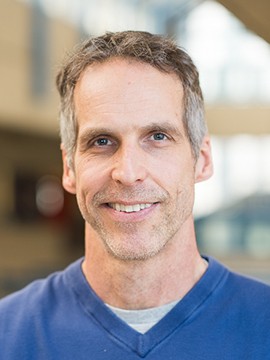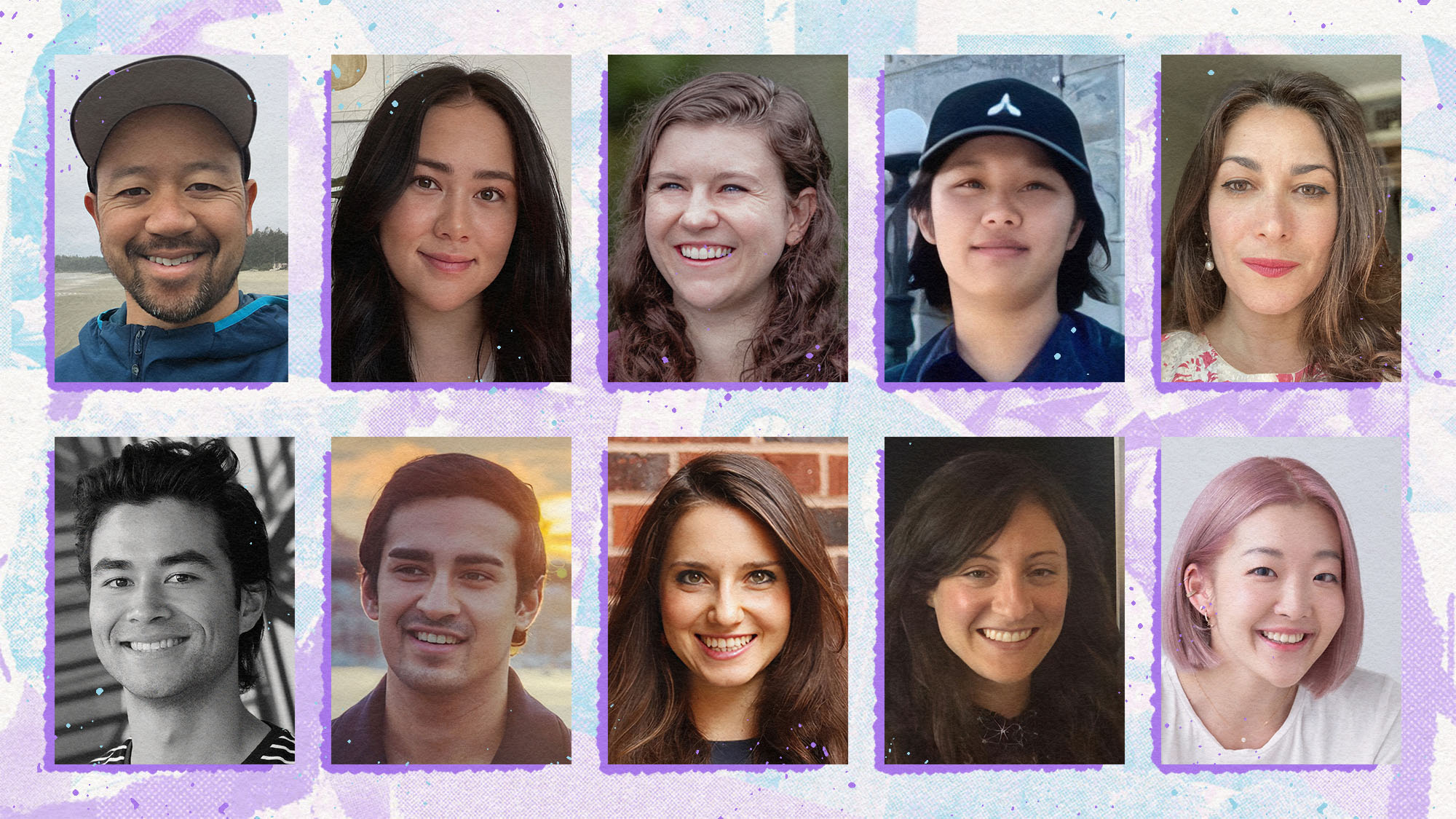

Todd Handy is no stranger to working with students, both in and out of the classroom.
A UBC Psychology Professor, Handy interacts with students on daily basis. Director of the UBC Neuroimaging Lab and formally affiliated with the cognitive neuroscience lab, Handy likes working with undergraduate students in research positions because of the unique perspective they bring. He cites their “creative input” and inquisitive nature as assets to his lab environment. In addition, Handy enjoys seeing students become excited by the research they conduct; he remarks that “It’s reinforcing when you see students […] get charged up by issues and questions we’re pursuing.”
“I’ve really enjoyed being able to meet and understand and get to know students in ways you couldn’t in the classroom,” Handy said. “As a teacher I think it’s invaluable and helps understand the mindset of students and what they like and don’t like in classes.”
Heavily involved with students as a faculty mentor and co-chair of the former Faculty of Arts Academic Commuter Transition program, Handy took his teaching to the next level. FAACT was a UBC Peer Program that catered towards the distinct transition needs of first-year commuter students, and gives them a positive beginning to their UBC experience. He was open to collaborating with students, and when he first started, his hope was to meet with students and find out programs and activities that “might be interesting for them”. Key components of FAACT have now been integrated into ASTU 150.
According to Handy, working with students “helps me understand ways I can improve my teaching.” With a faculty member so involved in student life, it’s no wonder that his department won the 2009/2010 Alfred Scow Student Development Award.


